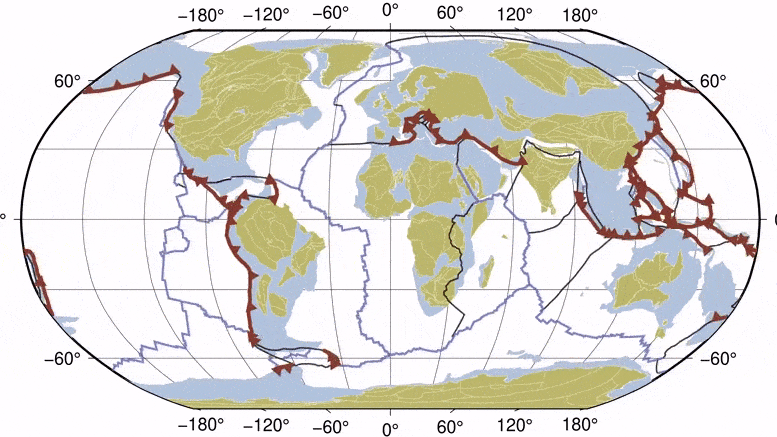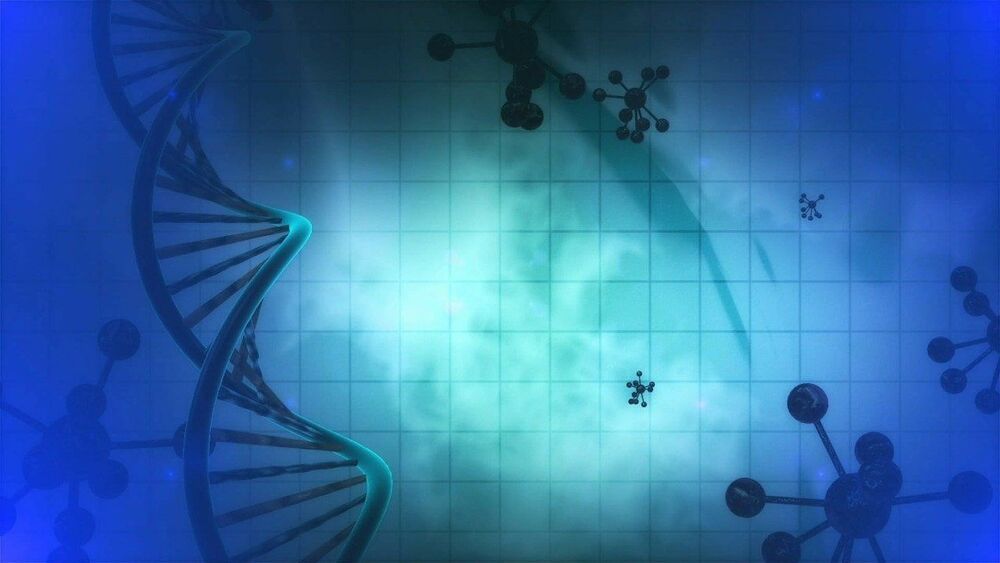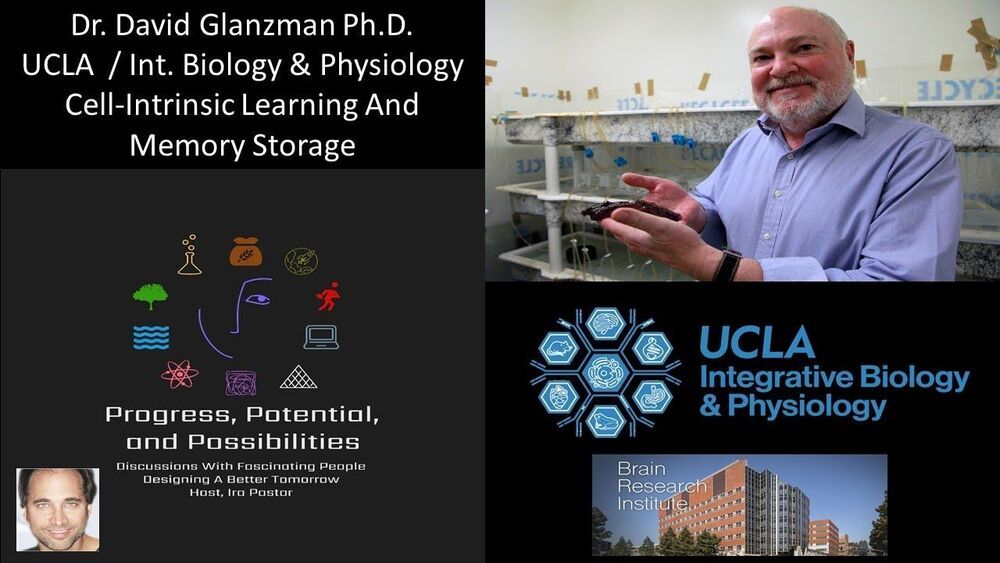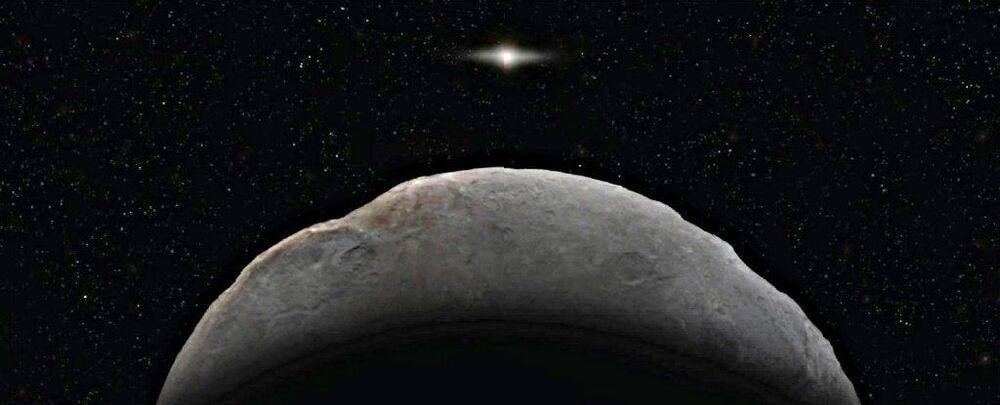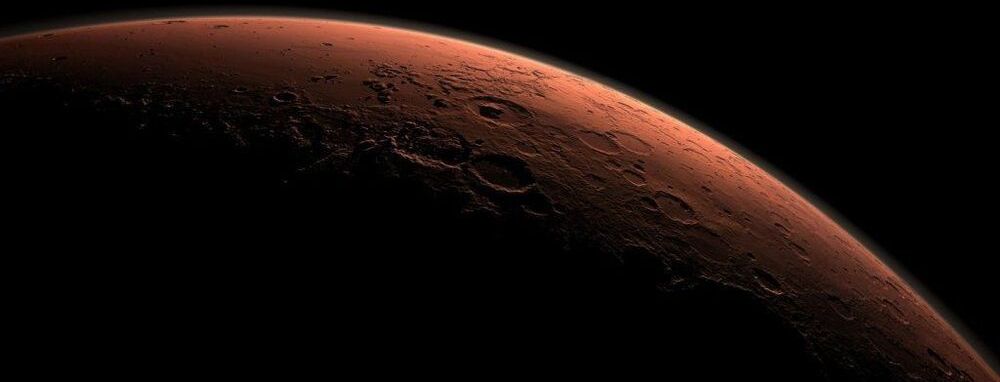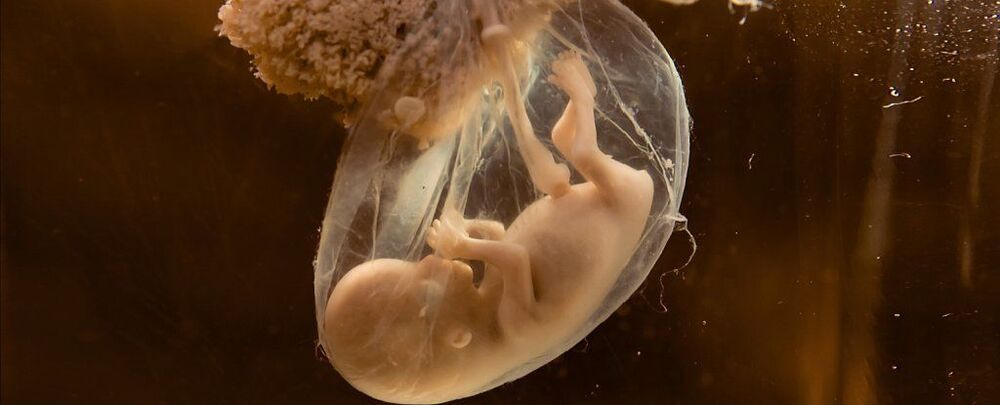Feb 11, 2021
A Billion Years in 40 Seconds: Mesmerizing Video Reveals the Evolution Our Dynamic Planet
Posted by Lon Anderson in category: evolution
New research helps understand how plate tectonics powers life on Earth. Plate tectonics are responsible for the deep-carbon and deep-water cycles. Arrangement of continents has changed sea level in the past. The evolution of life is modified by tectonics — continents are rafts with evolvi.
